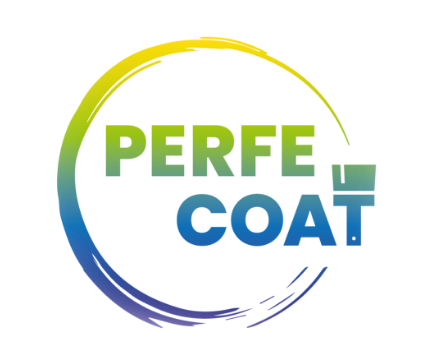
| Programme | CBE-JU, Horizon Europe, BBI-2020-SO3-R5 |
| Category | Research and Innovation Action (RIA) |
| Status | Completed |
| Period | 2021 - 2024 |
| Partners | 13 |
| Budget | €6.25m |
| Links | Website, Cordis, CBE-JU |

| Programme | CBE-JU, Horizon Europe, BBI-2020-SO3-R5 |
| Category | Research and Innovation Action (RIA) |
| Status | Completed |
| Period | 2021 - 2024 |
| Partners | 13 |
| Budget | €6.25m |
| Links | Website, Cordis, CBE-JU |
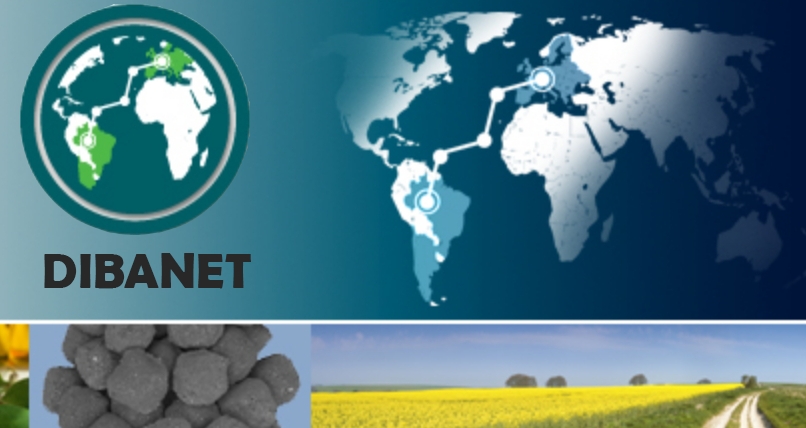
| Programme | Horizon Europe, FP7.ENERGY.2008.3.2.1 |
| Category | Research and Innovation Action (RIA) |
| Status | Completed |
| Period | 2009 - 2013 |
| Partners | 14 |
| Budget | €3.73m |
| Links | Website, Cordis |
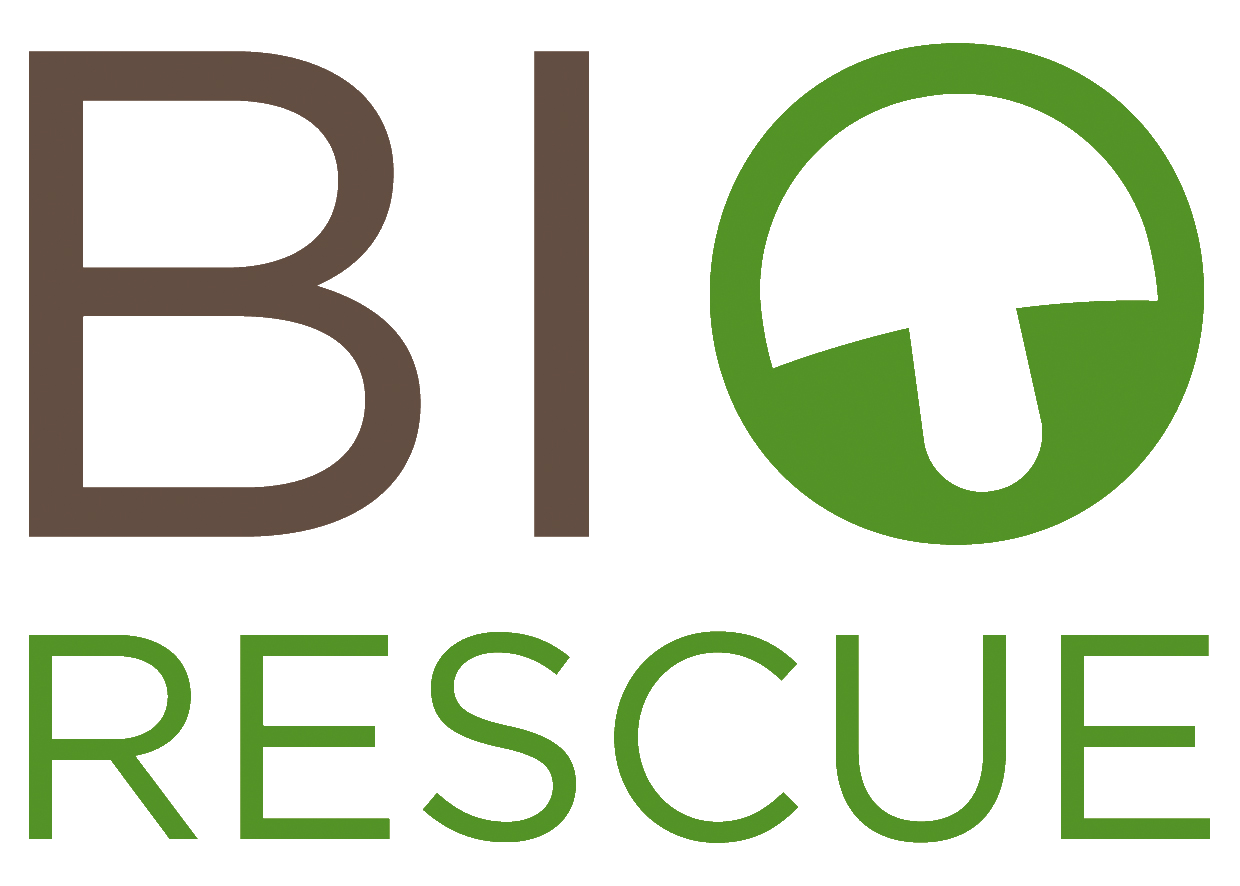
| Programme | CBE-JU, Horizon Europe, BBI.R10-2015 |
| Category | Research and Innovation Action (RIA) |
| Status | Completed |
| Period | 2016 - 2019 |
| Partners | 11 |
| Budget | €3.77m |
| Links | Website, Cordis, CBE-JU, Twitter |
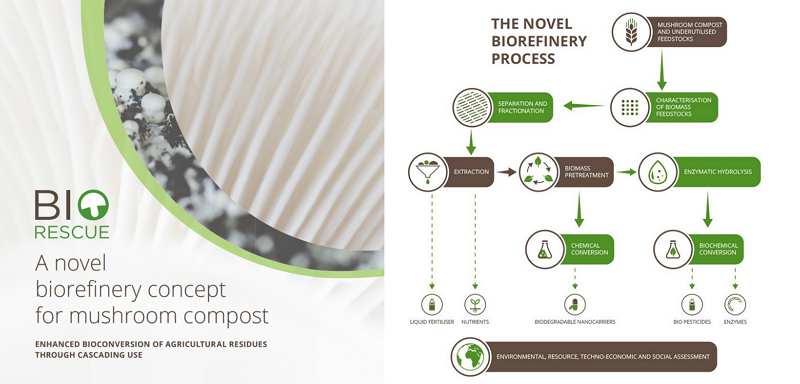
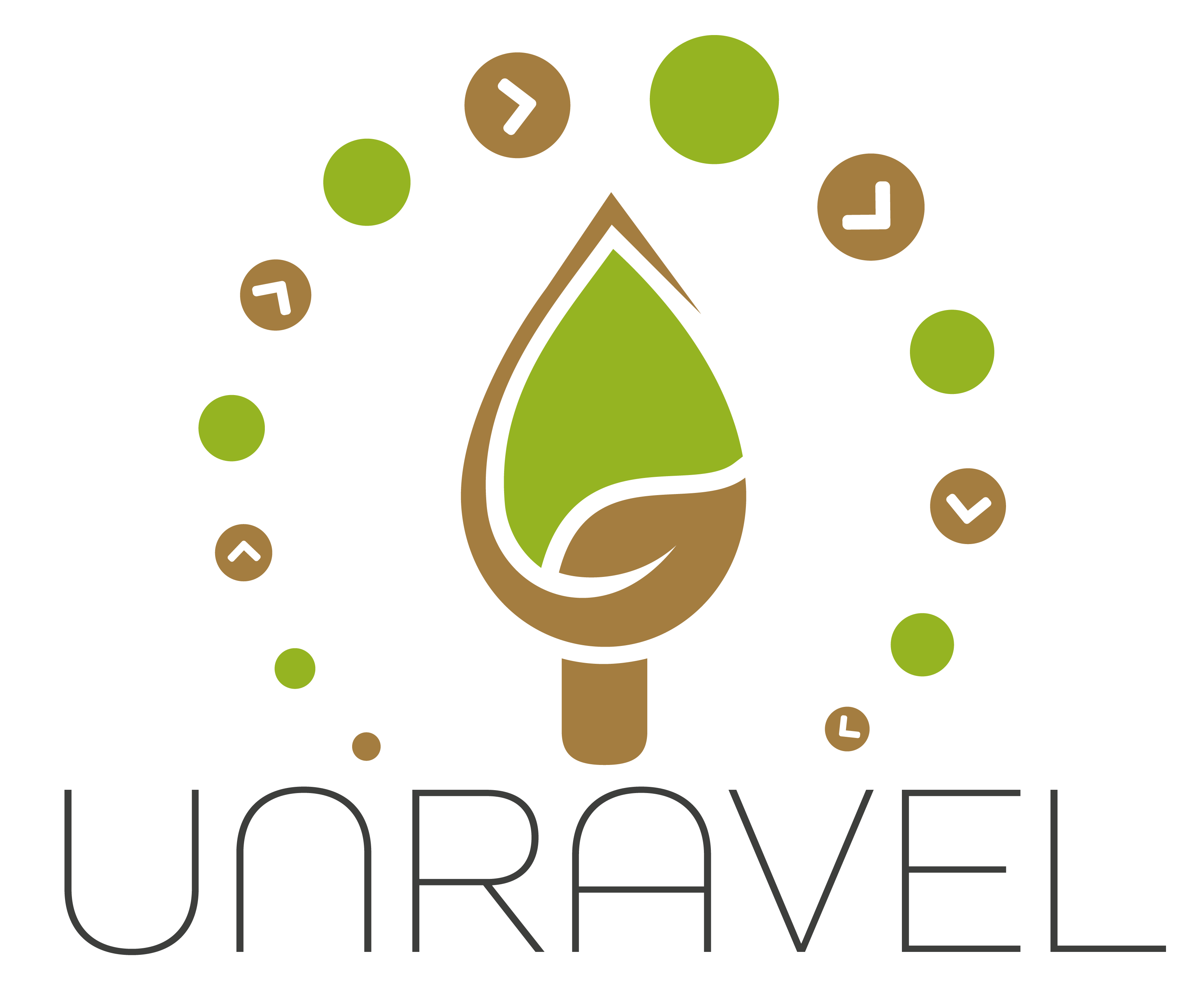
| Programme | CBE-JU, Horizon Europe, BBI.2017.R2 |
| Category | Research and Innovation Action (RIA) |
| Status | Completed |
| Period | 2018 - 2022 |
| Partners | 13 |
| Budget | €3.72m |
| Links | Website, Cordis, CBE-JU, Twitter, LinkedIn, Facebook |
STEAME is aimed at developing a cost-effective technology for the efficient conversion of farm-animal waste and surplus grass silage to biogas. Key innovations are developed in the areas of: pre-treatment; thermophilic semi-dry anaerobic digestion; and microbial and enzyme applications. These are expected to improve the economics of farm-based AD systems thorough increased biogas yields; avoidance of slurry storage; and production of stable class-A biosolids as a value-added product for agricultural land applications.
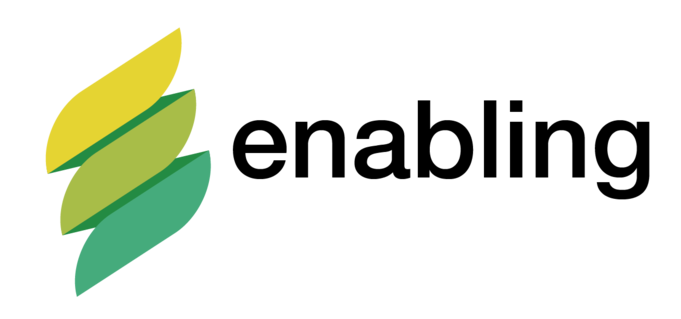
| Programme | Horizon Europe, RUR-10-2016-2017 |
| Category | Coordinating and Supporting Action (CSA) |
| Status | Completed |
| Period | 2017 - 2020 |
| Partners | 16 |
| Budget | €2.00m |
| Links | Website, Cordis, Twitter, LinkedIn, YouTube |
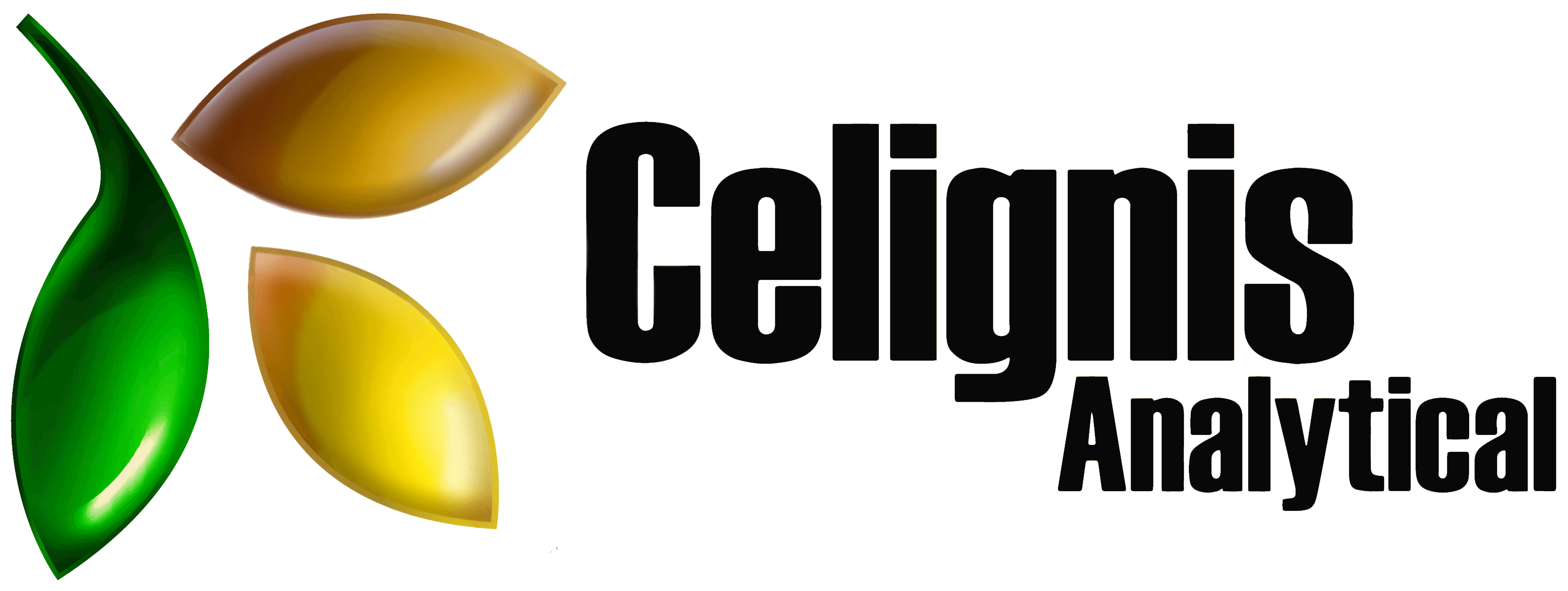
| Programme | Horizon Europe, INNOSUP-02-2019-2020 |
| Category | INNOSUP |
| Status | Completed |
| Period | 2019 - 2021 |
| Partners | 1 |
| Budget | €0.13m |
| Link | Cordis |

| Programme | CBE-JU, Horizon Europe, BBI.2018.SO2.D3 |
| Category | Innovation Action (IA) |
| Status | Completed |
| Period | 2019 - 2023 |
| Partners | 11 |
| Budget | €13.70m |
| Links | Website, Cordis, CBE-JU, Twitter |
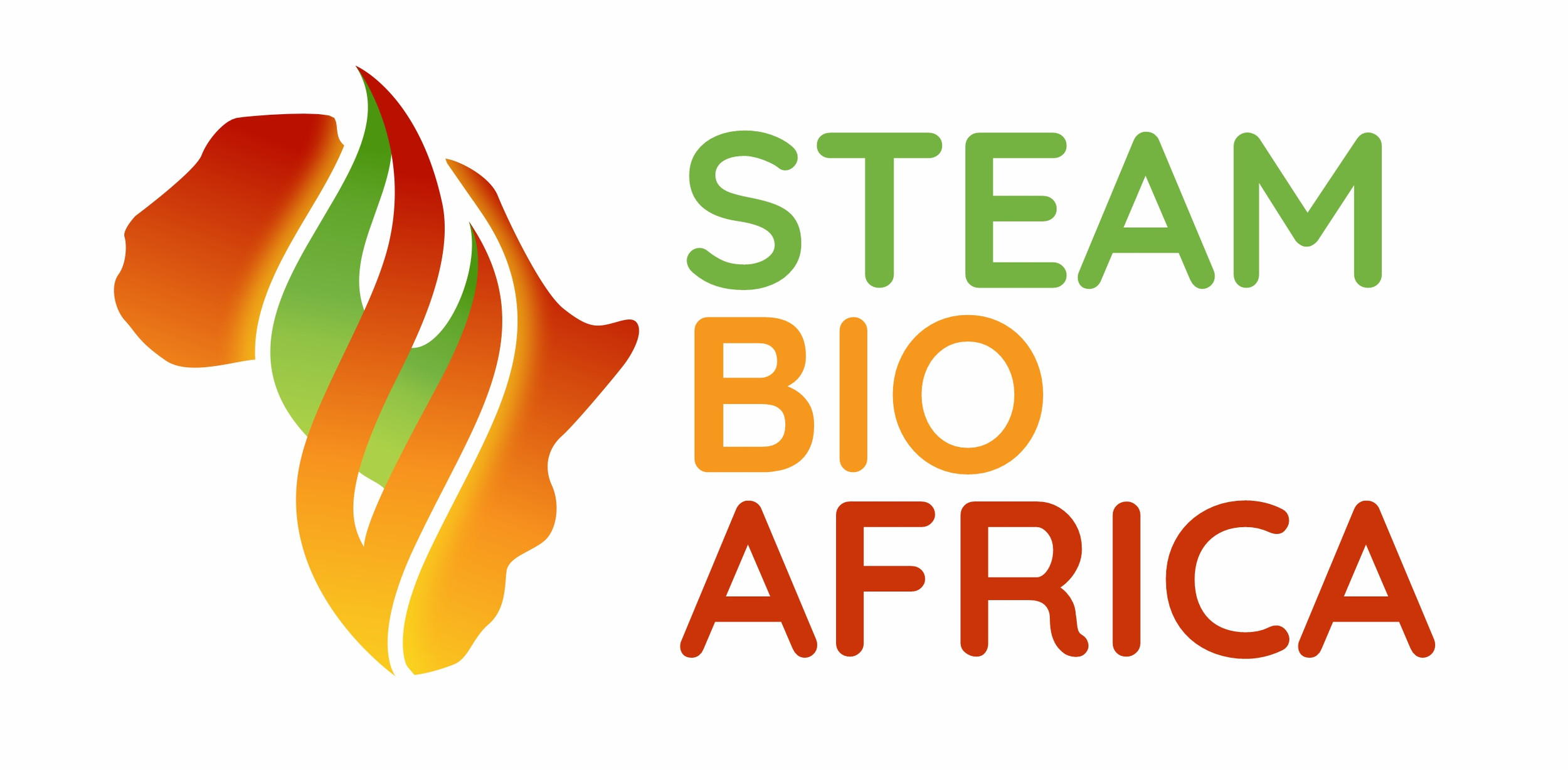
| Programme | Horizon Europe, LC-GD-2-3-2020 |
| Category | Innovation Action (IA) |
| Status | Completed |
| Period | 2021 - 2024 |
| Partners | 15 |
| Budget | €11.73m |
| Links | Website, Cordis, Twitter, LinkedIn, Facebook |
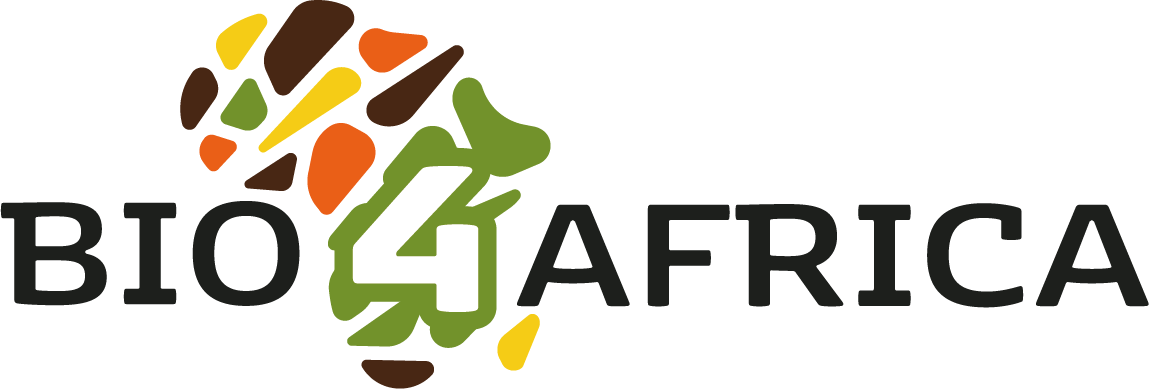
| Programme | Horizon Europe, CE-SFS-36-2020 |
| Category | Research and Innovation Action (RIA) |
| Status | Completed |
| Period | 2021 - 2025 |
| Partners | 25 |
| Budget | €9.00m |
| Links | Website, Cordis, Twitter, LinkedIn, YouTube, Facebook |

| Programme | Horizon Europe, H2020-EU.1.3.2 |
| Category | Marie Curie IF |
| Status | Completed |
| Period | 2020 - 2022 |
| Partners | 1 |
| Budget | €0.18m |
| Link | Cordis |
Go Back to Research Projects page.